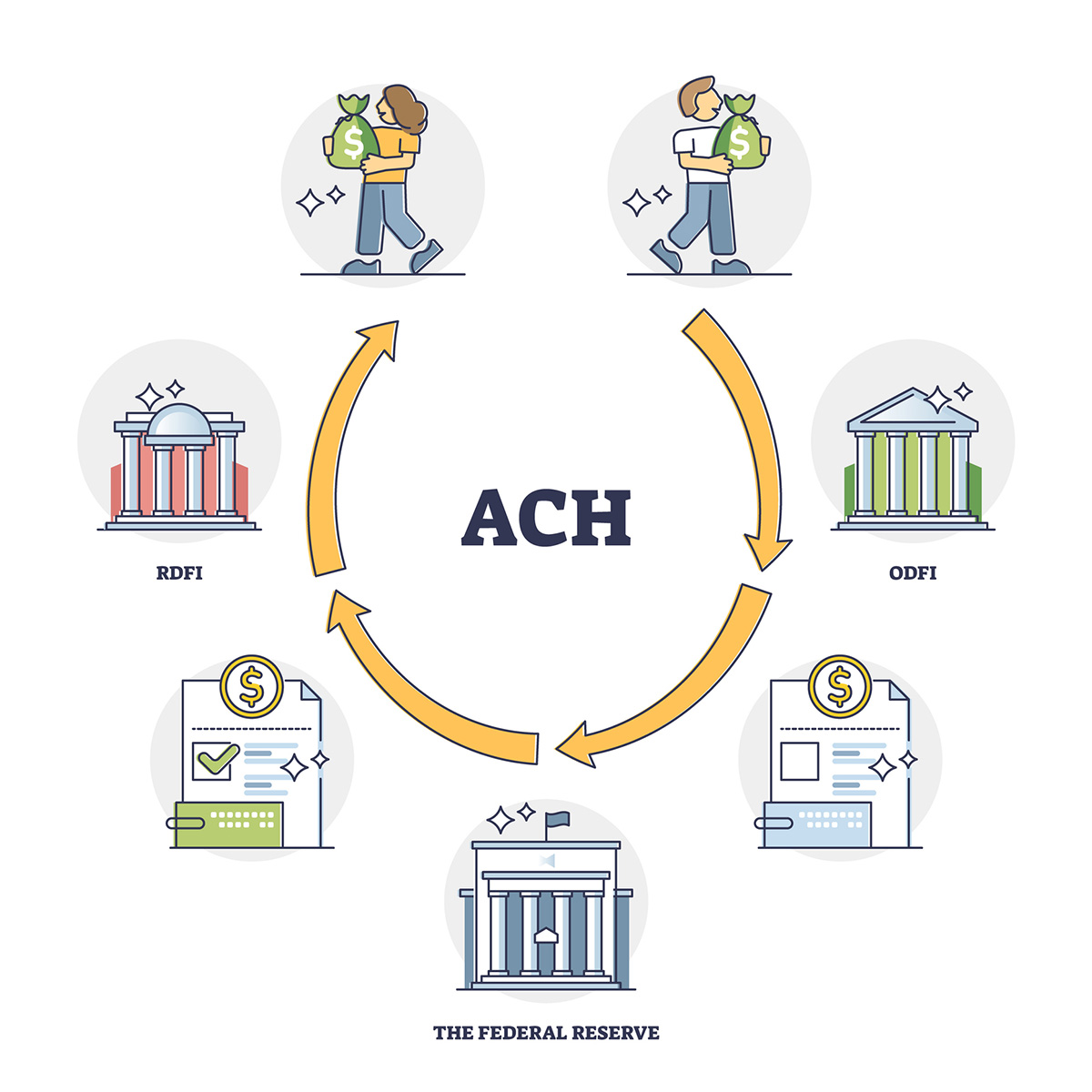

Finance
Opening Transaction Definition
Published: January 3, 2024
Learn about the meaning and significance of opening transaction in finance. Increase your financial knowledge with this insightful definition.
(Many of the links in this article redirect to a specific reviewed product. Your purchase of these products through affiliate links helps to generate commission for LiveWell, at no extra cost. Learn more)
Understanding Opening Transactions in Finance
Welcome to another informative blog post on our Finance category! Today, we will be delving into the world of opening transactions in finance. If you’re new to the industry or looking to enhance your knowledge, you’ve come to the right place. In this article, we will explore the definition of opening transactions, their importance, and how they play a crucial role in the financial markets. So, let’s get started!
Key Takeaways
- An opening transaction is the first step in initiating a trade or investment in the financial markets.
- These transactions can include buying or selling securities, options, futures contracts, or other financial instruments.
What are Opening Transactions?
In the world of finance, opening transactions are considered the initial step in executing a trade or investment. These transactions involve the buying or selling of securities, options, futures contracts, or other financial instruments. Essentially, opening transactions mark the beginning of a position in the market and set the foundation for subsequent trading activities.
Whether you are an individual investor or a financial institution, understanding opening transactions is crucial for participating in the financial markets efficiently. These transactions provide clarity on the entry point for a position, enabling market participants to plan their strategies accordingly.
Opening transactions can take various forms, depending on the type of financial instrument being traded. For example:
- In stock markets, an opening transaction may involve buying shares of a company’s stock or selling existing holdings.
- In options trading, an opening transaction could be the purchase or sale of a call or put option contract.
- In futures markets, opening transactions occur when traders establish a new futures contract position.
By executing opening transactions, market participants are initiating their trades or investments, positioning themselves to profit from market movements in their desired direction.
The Importance of Opening Transactions
Opening transactions serve several essential purposes in the world of finance. Here are two key reasons why these transactions hold significant importance:
- Establishing Positions: Opening transactions enable investors and traders to establish their positions in the financial markets. These transactions set the foundation for subsequent trading activities and allow market participants to take advantage of potential profit opportunities.
- Market Liquidity: As opening transactions involve buying or selling financial instruments, they contribute to the overall liquidity of the financial markets. Liquidity is crucial for healthy market functioning, as it allows for efficient price discovery and ease of trading.
Without opening transactions, the financial markets would lack participants and the necessary liquidity to function optimally. Therefore, these transactions play a vital role in providing opportunities for investors and ensuring the smooth operation of financial markets.
In Conclusion
Opening transactions are the starting point for trades and investments in the financial markets. They define the entry point for market participants, enabling them to establish positions and potentially profit from market movements. Understanding opening transactions is essential for anyone looking to participate in the financial markets effectively.
We hope this blog post has provided you with valuable insights into the definition and significance of opening transactions. Stay tuned for more informative articles on our Finance category as we continue to explore various aspects of the financial world!














